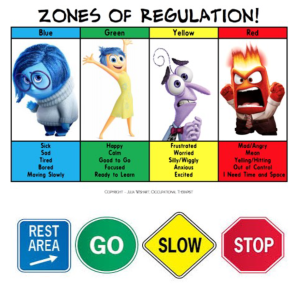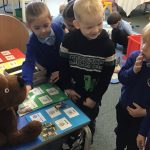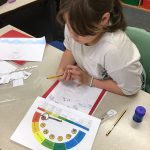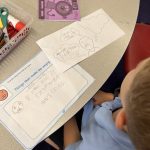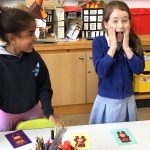Self-regulation can go by many names, such as self-control, self management, and impulse control. It is defined as the best state of alertness of both the body and emotions for the specific situation. For example, when a student plays on the playground or in a competitive game, it is beneficial to have a higher state of alertness. However, that same state would not be appropriate in the library. The lessons and learning activities are designed to help the students recognize when they are in the different Zones as well as learn how to use strategies to change or stay in the Zone they are in. In addition to addressing self-regulation, the students will gain an increased vocabulary of emotional terms, skills in reading other people’s facial expressions, perspective about how others see and react to their behaviour, insight into events that trigger their behavior, calming and alerting strategies, and problem solving skills.

